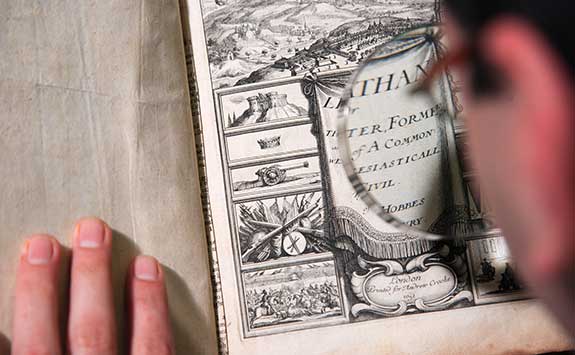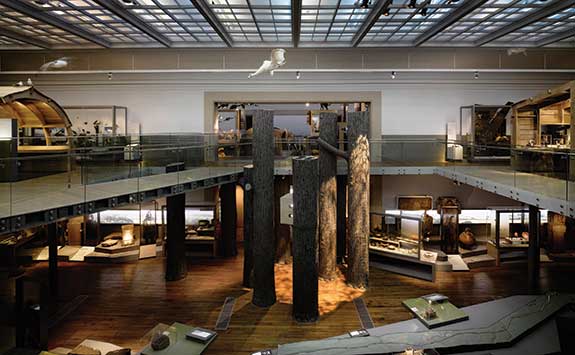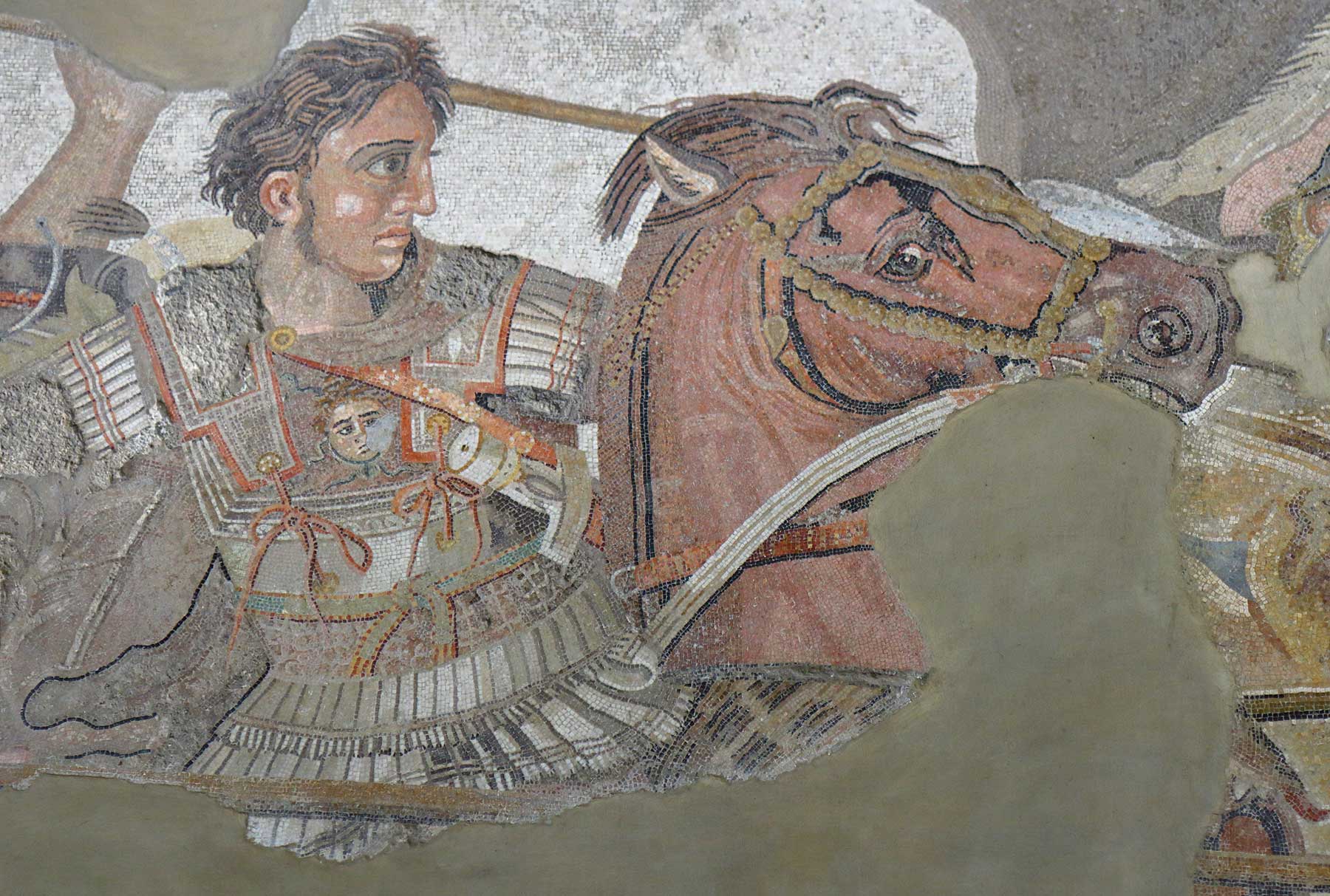History Research Degrees
We offer MPhil and PhD qualifications in history. We welcome postgraduate students in any of our areas of research expertise.
Dynamic and innovative research
Our historians have an excellent research profile. They have a reputation for producing dynamic and innovative work.
See our course description on the Postgraduate website for:
- course content
- entry requirements
- fees and funding
- how to apply

AHRC funding
There is no formal closing date for applicants. But if you intend to apply for Arts and Humanities Research Council (AHRC) funding, contact us by 1 March. Wherever possible, we interview applicants.
We also offer postgraduate research programmes in classics and ancient history and archaeology.
Finding a supervisor
Before applying for a research degree, you should find a supervisor from our staff. They should specialise in the area of research you're interested in.
Find out about research areas in history and the particular interests of staff.
You could also take a look at some of our postgraduate students' research profiles.
Our research students are all supervised by at least two members of staff.
Some students work on interdisciplinary projects. They can be co-supervised by staff from other subject areas.

Key research facilities and opportunities
Our postgraduate students have access to excellent research facilities.
These include the Great North Museum: Hancock.
It has a collection of Greek, Roman and Etruscan antiquities and award-winning libraries.
We also run weekly research seminars during term time.
They're besides those organised by Archaeology and History within the School.

Postgraduate conference and forum
You'll also enjoy an annual Postgraduate Conference and our Postgraduate Forum, which:
- publishes postgraduate work
- lists useful research and postgraduate links
- provides conference announcements
Professional development and employability prospects are greatly enhanced via teaching opportunities. Postgraduates can gain valuable experience while mentored by an academic member of staff.
History collections
Newcastle University Library holds many important manuscript collections. Materials relate to 19th and 20th-century British political history. These include the Trevelyan, Runciman and Gertrude Bell collections.
You'll also have access to the:
- Pybus Collection (historical medical works from the 16th century onwards)
- Medical Collection (18th-19th century medical books and pamphlets)
The library also houses microform resources for British, European and American history.
For British history, they include:
- Crown Servants - papers of Thomas Wentworth 1st Earl of Strafford (26 reels)
- Earl of Strafford's letters and dispatches (two reels)
- The Times; Women's Suffrage Collection from the Manchester Central Library (30 reels)
- British War Cabinet Minutes
- Popular Newspapers in the Second World War (83 reels)
- Mass Observation 1939-45 (microfiche)
For European history, they include:
- Akten der Principalkommission des Immerwahrenden Reichstages zu Regensburg 1663-1806 (microfiche)
- Russian Revolutionary Literature collection (47 reels)
- Russian Archives - intercepted letters of the Russian revolutionaries 1883-1917 (175 reels)
- Conditions and Politics in occupied Western Europe 1940-45 (183 reels)
For American history, they include:
- Abolition and Emancipation (microfiche)
- Slavery prior to 1850 (microfiche)
- Papers of Frederick Douglass (34 reels)
- Civil Rights during the Kennedy Administration 1961-63 (47 reels)
- Stetson Kennedy collection on civil rights (four reels)
- Crisis: a record of the darker races 1910-75 (seven reels)
- Colored American Magazine 1900-1909 (three reels)
- East St. Louis Race Riot of 1917 (eight reels)
- Liberation 1956-71 (seven reels)
- New South 1946-70 (five reels)
- Negro Labor Committee Record Group (17 reels)
- History of the United States Civil War microfiche collection
- Civil War and the Confederacy: some business records; Civil War journals 1862-65
You will also have access to Durham University Library.
County archives for Northumberland, Tyne and Wear and County Durham are within easy reach.
